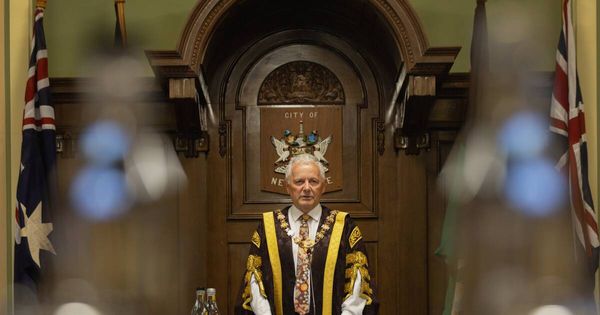
Political parties will be required to justify offering peerages under new rules being drafted by the government to overhaul the image of the House of Lords.
The move – which could involve similar citations as those when people receive honours from the monarch – is in response to a number of controversial appointments over the years including those of two of Boris Johnson’s key aides and of Evgeny Lebedev, the Independent’s largest shareholder.
Angela Smith, the leader of the House of Lords, is understood to be keen on the changes. A No 10 source said that the proposed changes were still at a very early stage.
The move, first reported by the Times, would be designed to force parties to set out candidates’ experience and suitability.
Lebedev was appointed despite concerns among the security services, expressed to Johnson. The former prime minister also appointed two young aides – Charlotte Owen and Ross Kempsell – to the Lords, which attracted considerable criticism.
Owen had been a junior aide in No 10 and Kempsell was Johnson’s spokesperson. Lebedev has been criticised for having made very few contributions in the house.
There was no requirement for Johnson to offer any justification for the appointments, which have been the subject of intense speculation. The House of Lords appointments commission (Holac) vets nominees by looking at potential misconduct, such as a criminal record, but does not judge whether they would make a suitable peer.
Johnson overrode the recommendations of Holac and handed a peerage to the former Tory treasurer and donor Peter Cruddas, despite the concerns of the commission over a “cash for appointments” controversy, though Cruddas had sued and won a defamation case over the allegations. The court of appeal did, however, find that aspects of Cruddas’s conduct had been “unacceptable and wrong”.
Concerns about the appointments process are longstanding, including over a criminal investigation into Tony Blair’s nominations of three Labour donors in 2005, known as “cash for honours”.
Before the election in July, Labour drew up sweeping plans for changes to the House of Lords, including a reduction in the size of the second chamber and putting an age limit on sitting peers. A review by the former prime minister Gordon Brown had recommended moving towards the abolition of the Lords and an elected second chamber.
But at the king’s speech, the government proposed just one key change, the abolition of hereditary peers, with further measures to come later in the parliament.
In July, Starmer said it was still his intention to place an upper age limit of 80 on the chamber, as a way to reduce its size. “The simple fact is that our House of Lords is massive. It is the second biggest political chamber in the world. I think it’s only the Chinese who have a bigger political chamber than our House of Lords. We have to reduce it,” he said.
“We’ve got 800-plus members of the Lords. It’s simply too big; we need to reduce it.”










